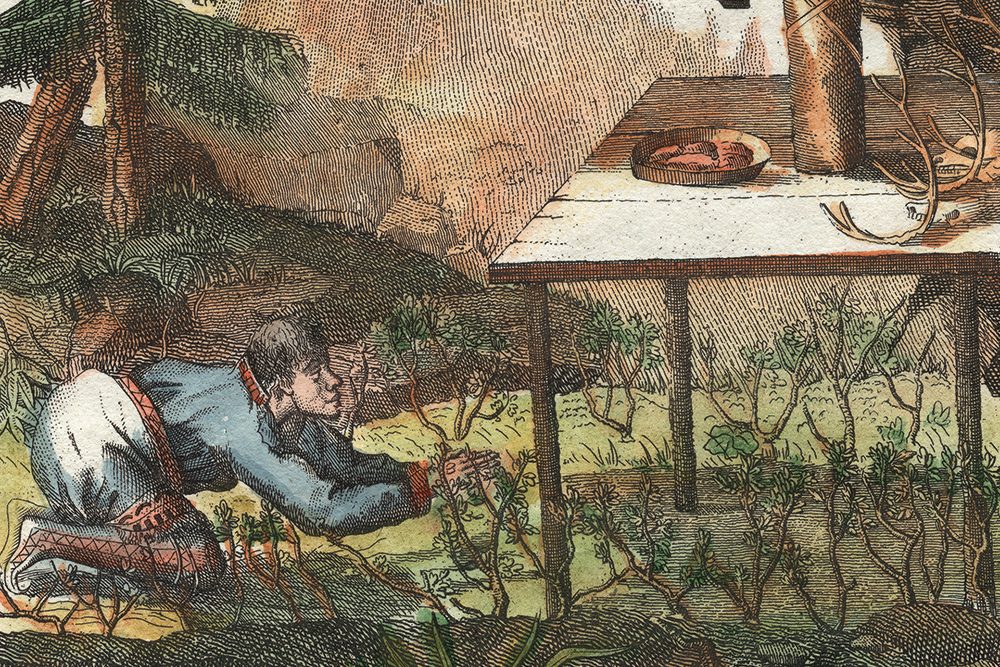Lisa Taddeo’s debut Three Women was touted as groundbreaking. In reality it was a limp, occasionally overwritten account of the sexual hang-ups of three ordinary women. It took eight years to research and write. It didn’t seem worth it.
Luckily, she was also gathering material for a novel, Animal, a book teeming with the rage, frustration and drama so lacking in the debut. The same motifs and ideas —mothers, desire, shame — appear, but with a story that twists and turns.
Animal is the first-person account of Joan, a slightly unhinged 37-year-old woman: ‘I am depraved. I hope you like me.’ She leaves New York after her former lover shoots himself in the face in a restaurant while she’s on a date with another man. This event does not so much upset her as prompt her to go cross country and seek out Alice, a beautiful, mysterious yoga teacher in Los Angeles. Only gradually does it become clear why Joan is how she is, and why she is so obsessed with this younger woman. The threads of suspense are expertly woven as the story shuttles between past and present. But will it unravel?
While the subjects of Three Women came across as a little pathetic, our anti-heroine is ready to steal, cheat, kill and joke. Post #MeToo, women are out for revenge: ‘The world had set me up to believe that it was women who went mad. It was simply women’s pain that manifested as madness.’ Like her character, Taddeo lets loose without emotional or stylistic restraint. Even if some lines don’t quite land, enough of Joan’s wisecracks hit the spot, particularly when it comes to sexual politics: ‘The older the man, the more my speciality. I knew that when I met God one day it would go well.’
The book is an ode to LA both past and present. The protagonist’s name is a nod to the Californian writer Joan Didion. There’s modern-day satire (‘Every time we spoke, I pictured her at an outdoor table in the sun, nibbling gravlax’) and over-the-top characters straight out of Raymond Chandler or Billy Wilder. Lennie, Joan’s sad, lecherous landlord, drifts off into nostalgic reveries of 1970s sex parties, the same described by the journalist Gay Talese in his book Thy Neighbor’s Wife, the account of America’s sexual mores which inspired Three Women. But while Taddeo’s non-fiction felt superficial, this fantasy version somehow feels real.
This article was originally published in The Spectator’s UK magazine. Subscribe to the World edition here.

























